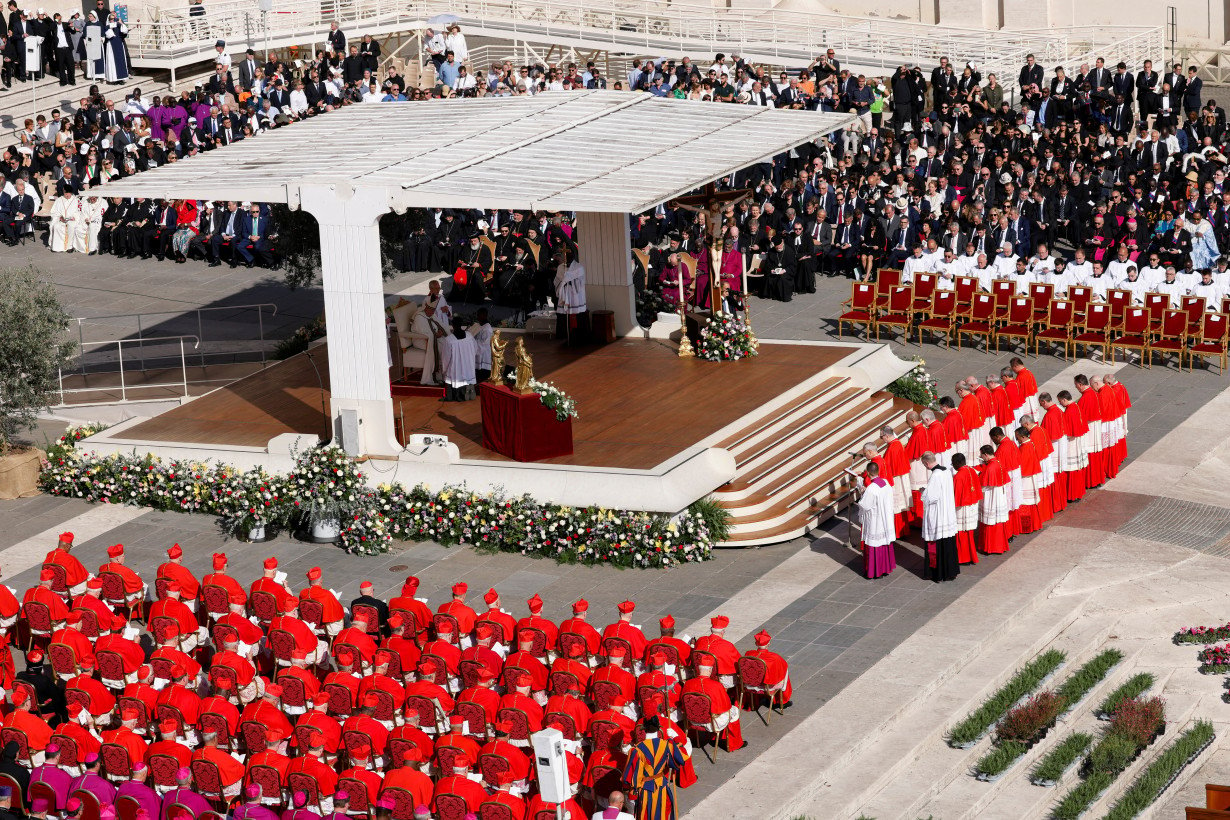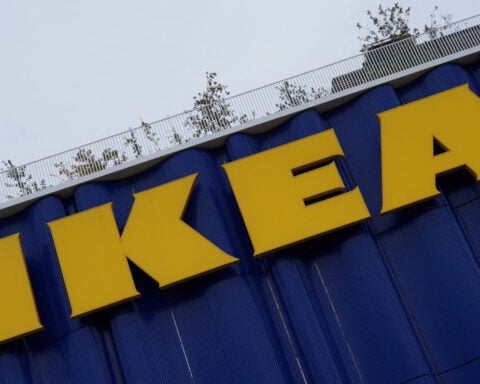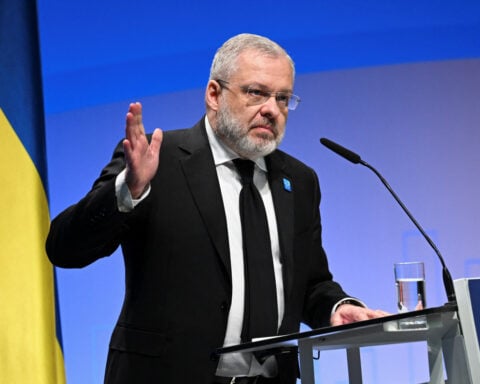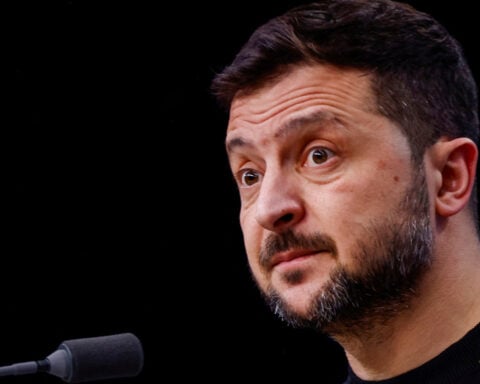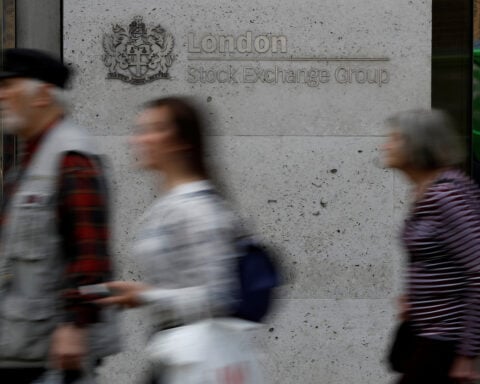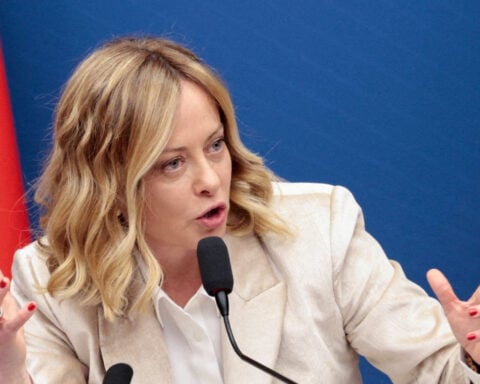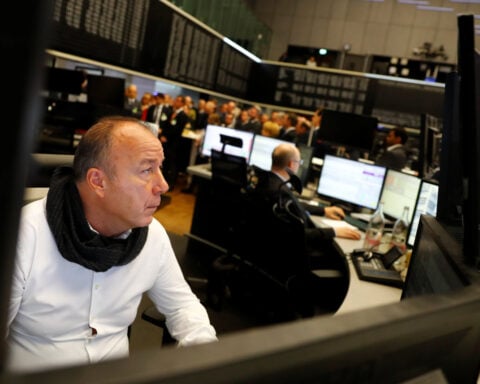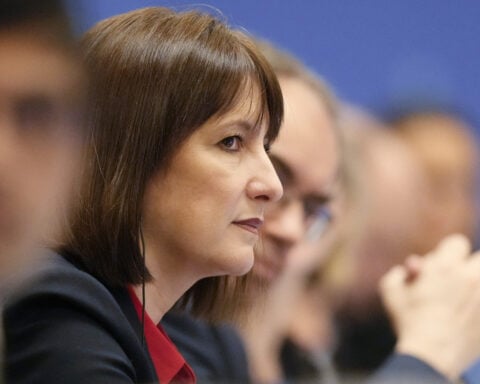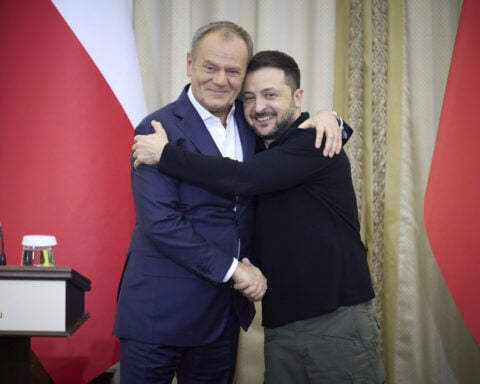By Philip Pullella
VATICAN CITY (Reuters) - Pope Francis on Saturday further cemented his legacy, elevating 21 prelates to the high rank of cardinal and significantly raising the percentage of electors chosen by him who will have the right to vote for his successor.
At a ceremony in St. Peter's Square known as a consistory, Francis "created" 21 new cardinals, the red-hatted "princes of the Church" who are his closest advisers at the Vatican and around the world.
There are now 137 cardinal electors, about 73 percent of them chosen by Francis. This increases - but does not guarantee - the possibility that the next pope will share his vision of a more progressive, inclusive Church.
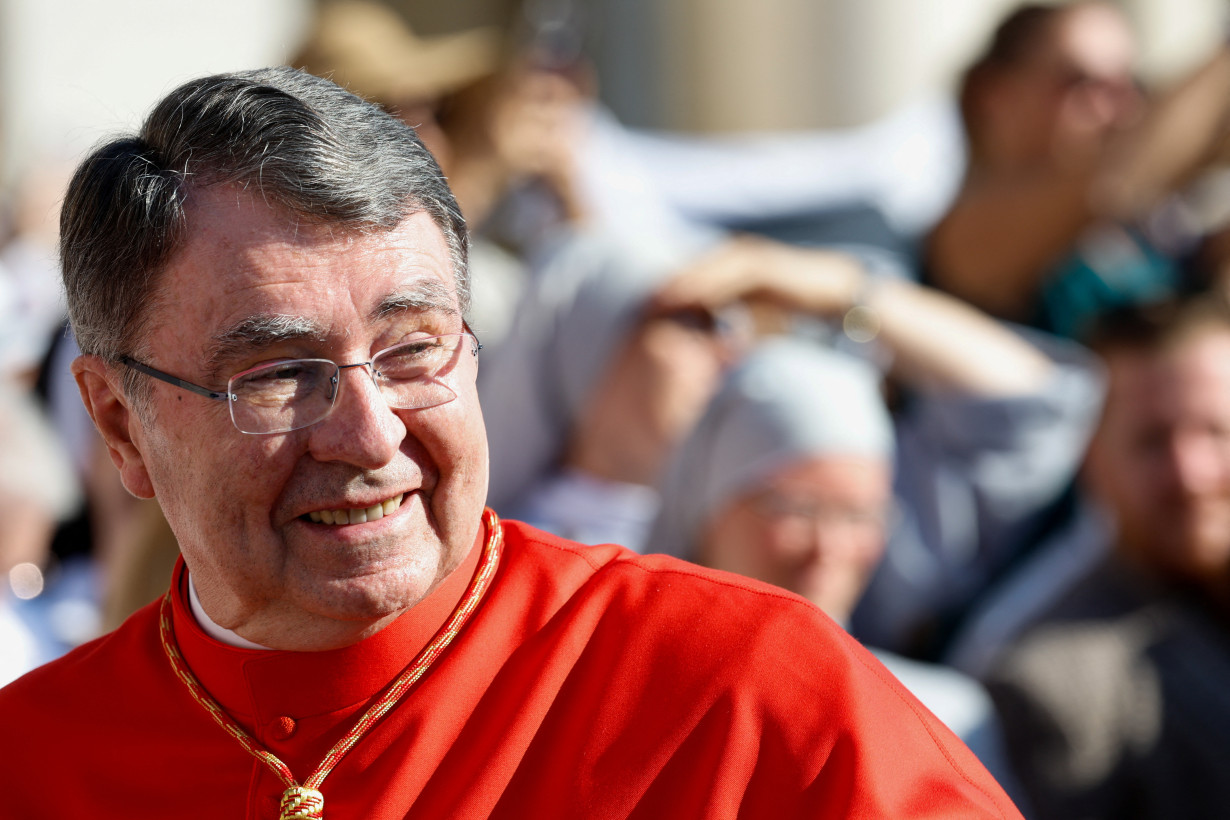
Eighteen of the 21 are under the age of 80 and thus eligible under Church law to enter a secret conclave to elect the next pope after Francis' death or resignation. They are known as cardinal electors. The three 80 or over were given the honour because of their long service to the Church.
The new cardinals come from the U.S., France, Italy, Argentina, Switzerland, South Africa, Spain, Colombia, South Sudan, Hong Kong, Poland, Malaysia, Tanzania, Venezuela, and Portugal.
South Sudan got its first cardinal and Malaysia got the second in its history, a continuation of Francis' policy of giving more recognition to places he has called the "peripheries" of the world, often those racked by war or where Catholics are a minority.
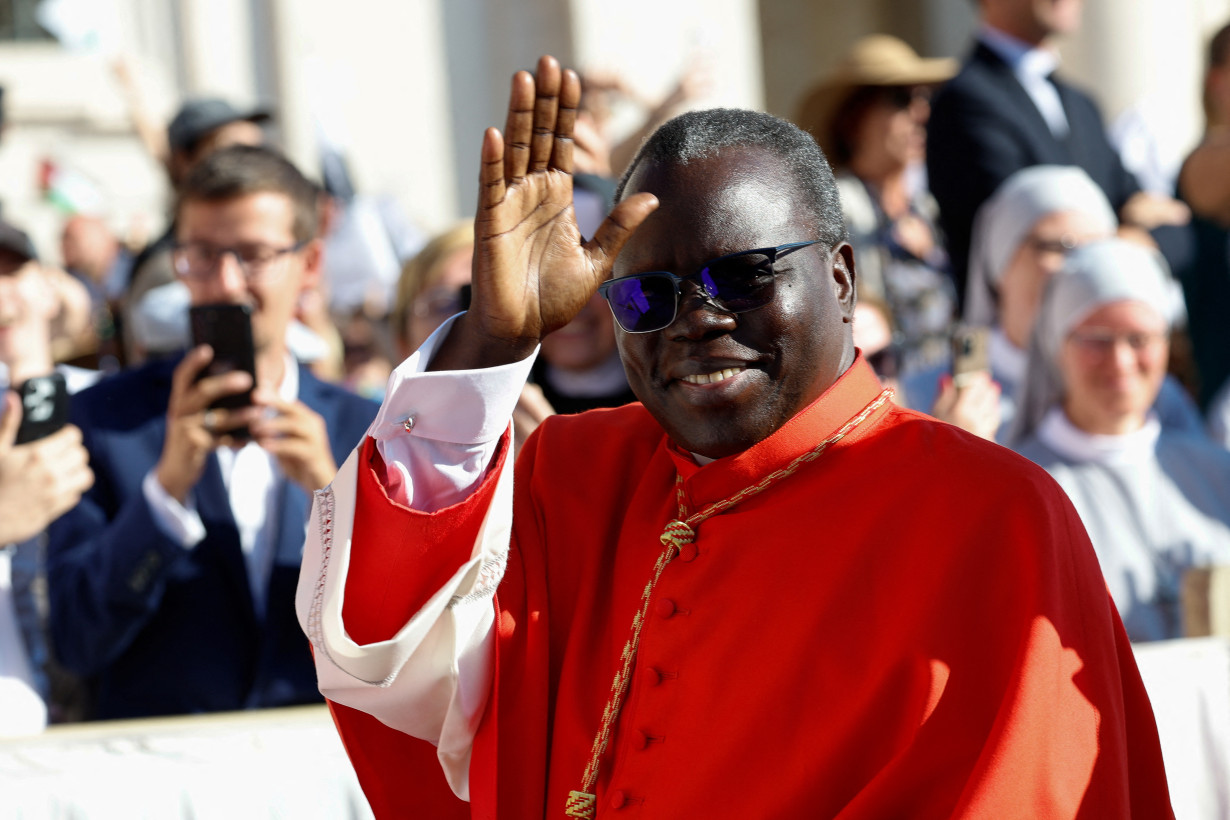
KEY APPOINTMENTS
One significant appointment is that of Bishop Stephen Chow Sau-Yan of Hong Kong. Chow is one of the major links to the Catholic Church in communist China, where the Vatican is trying to improve conditions for Catholics. The bishop made a historic visit to Beijing in April.
Another is that of Italian Bishop Pierbattista Pizzaballa, Francis' apostolic administrator in the Holy Land, where the Vatican fears that the historical presence of Christians is under threat.
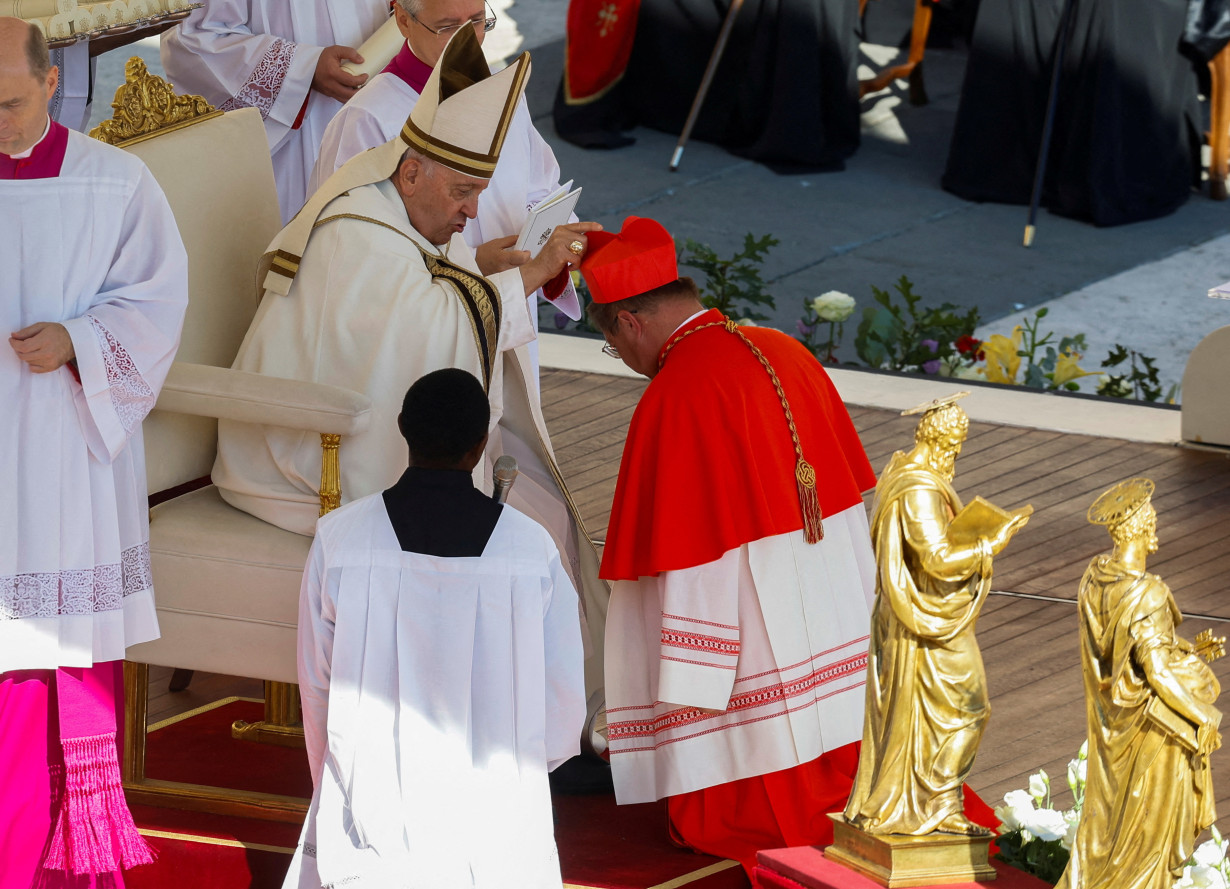
"Diversity is necessary; it is indispensable," Francis said in his homily at the service, during which each new cardinal received a ring of office and the red, three-blade hat known as a "biretta".
It was the pope's ninth consistory since his election in 2013 and continued changes over the past decade, during which the percentage of Asian and African cardinal electors has grown while that of those from Europe has fallen.
Francis turns 87 in December and whether he convokes another consistory next year or in 2025 depends on how long he lives. While he uses a wheelchair and a cane and has undergone several operations, overall he has not slowed down and still keeps a busy schedule.
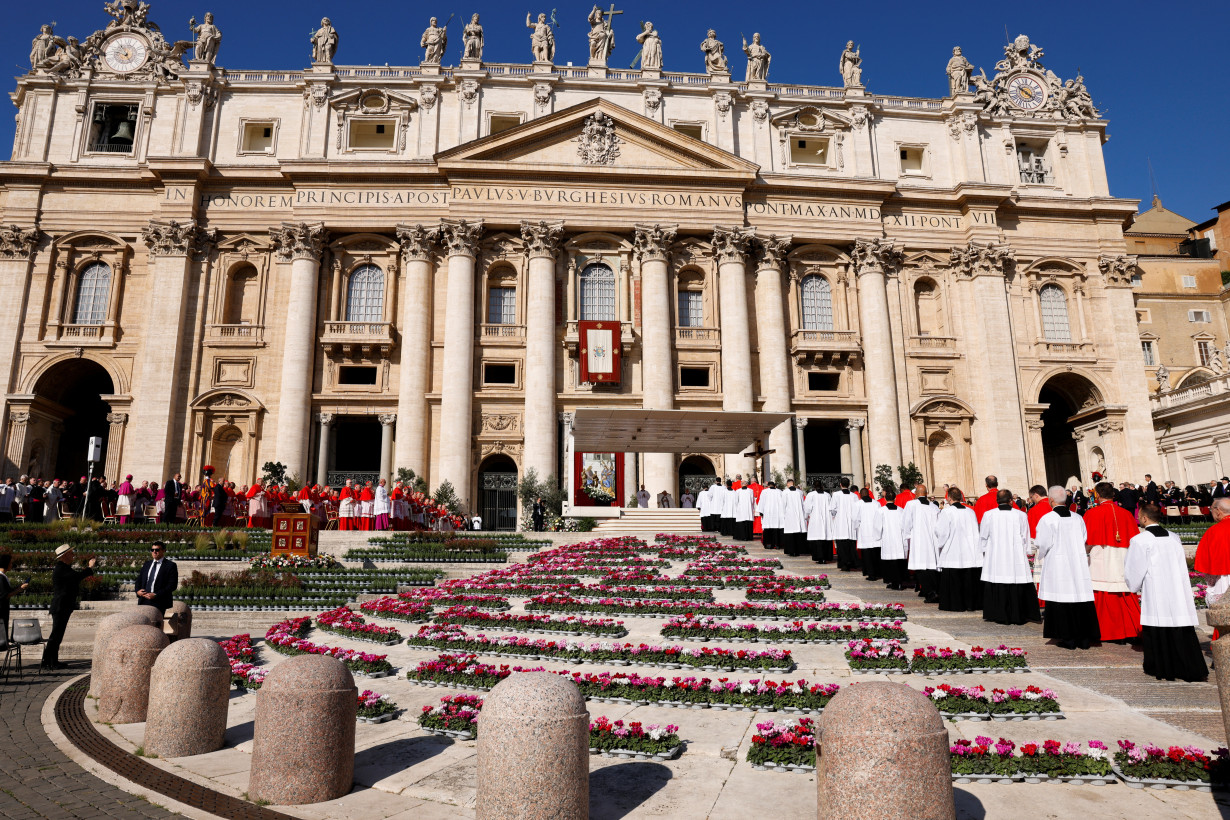
On October 4, he will open a month-long major meeting in the Vatican, known as a synod, that could chart the Church's future.
In his homily on Saturday morning he called for "an ever more symphonic and synodal Church".
Using the metaphor of an orchestra, Francis appeared to refer to divisions between progressives and conservatives in the 1.3 billion member Church, saying one section or instrument cannot play alone or drown out the others.
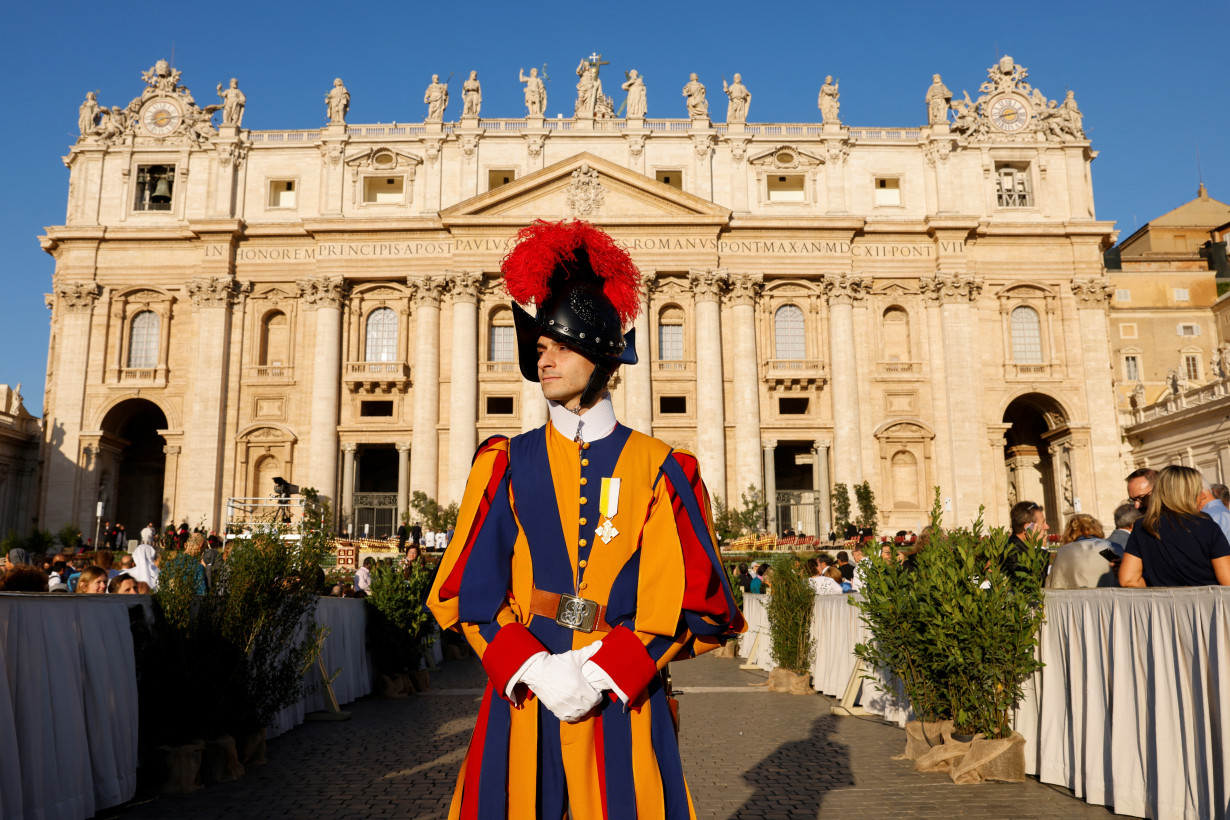
It was his job, as "conductor" to listen and try to achieve a "creative fidelity".
The Oct. 4-29 synod has been in preparation for two years, during which Catholics around the world were asked about their vision for the future of the Church.
Proponents have welcomed the consultations as an opportunity to change the Church's power dynamics and give a greater voice to lay Catholics, including women, and people on the margins of society.
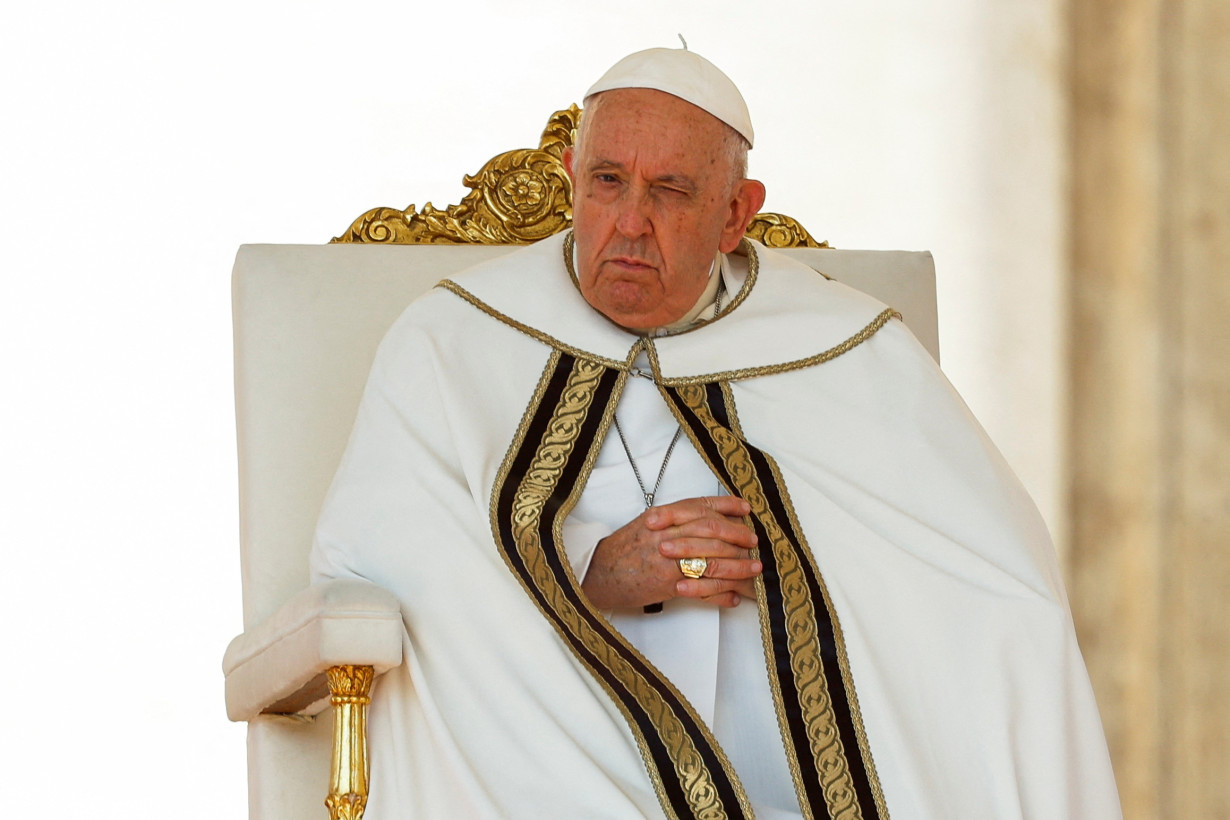
Conservatives say the process has been a waste of time, may erode the hierarchical structure of the nearly 1.3 billion-member Church and in the long run could dilute traditional doctrine. A second final session will be held in 2024.
(This story has been corrected to show that Malaysian is the second in the country's history, not the first, in paragraph 6)
(Reporting by Philip Pullella, Editing by William Maclean)
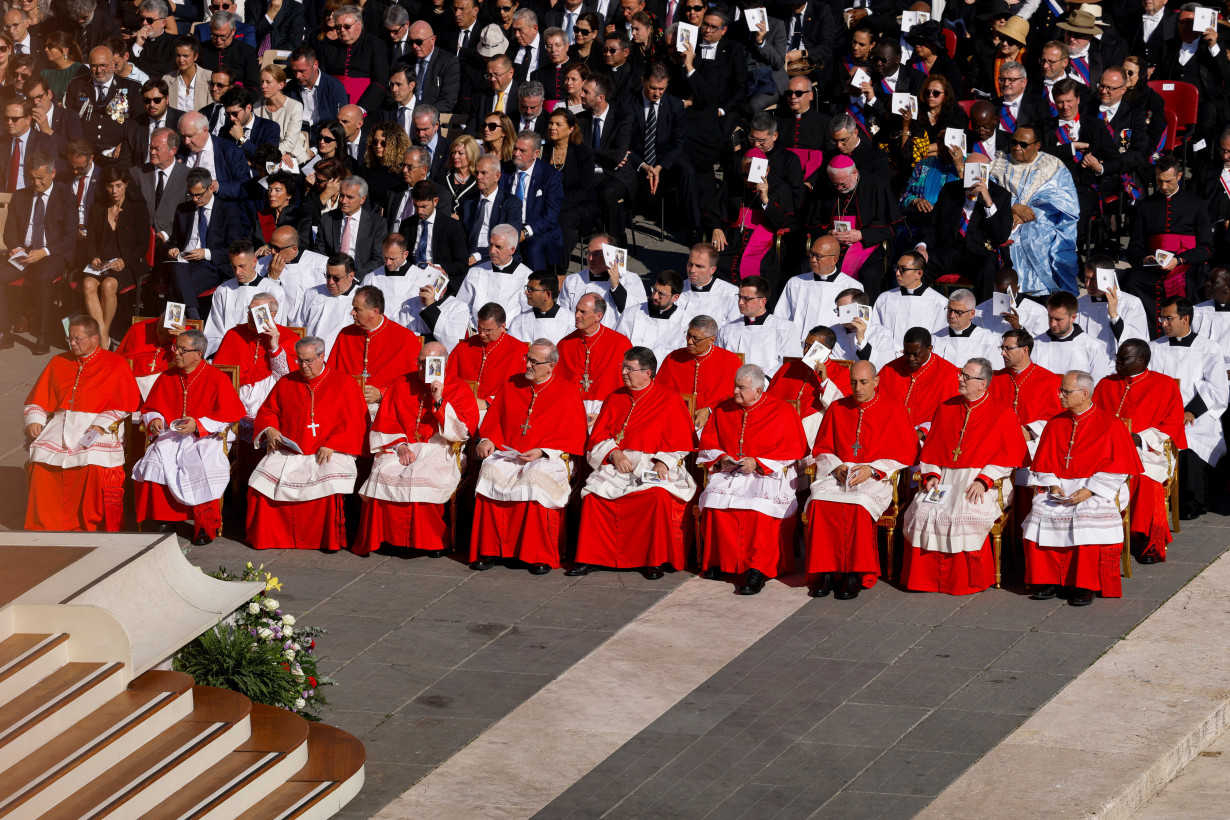

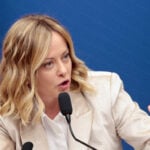 Italy, Albania, UAE sign deal for energy subsea interconnection
Italy, Albania, UAE sign deal for energy subsea interconnection
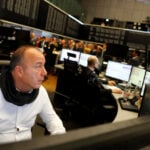 European shares advance as bond yields ease; soft inflation powers UK stocks
European shares advance as bond yields ease; soft inflation powers UK stocks
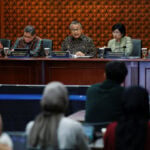 Bank Indonesia delivers surprise rate cut to support growth
Bank Indonesia delivers surprise rate cut to support growth
 Novak Djokovic breaks a tie with Roger Federer for the most Grand Slam matches in tennis history
Novak Djokovic breaks a tie with Roger Federer for the most Grand Slam matches in tennis history
 China's RedNote: what you need to know about the app TikTok users are flocking to
China's RedNote: what you need to know about the app TikTok users are flocking to
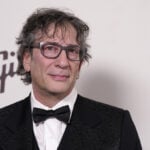 British author Neil Gaiman denies ever engaging in non-consensual sex as more accusers come forward
British author Neil Gaiman denies ever engaging in non-consensual sex as more accusers come forward
